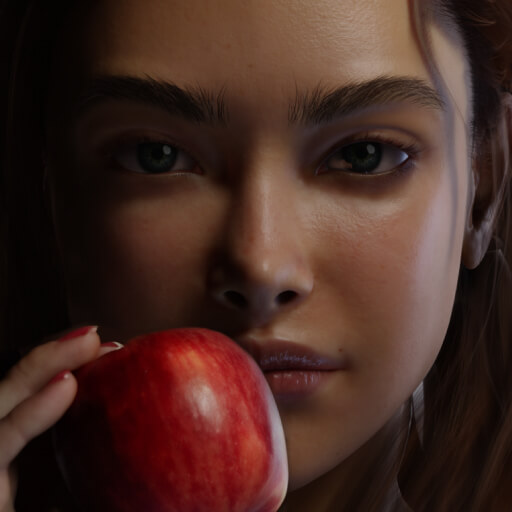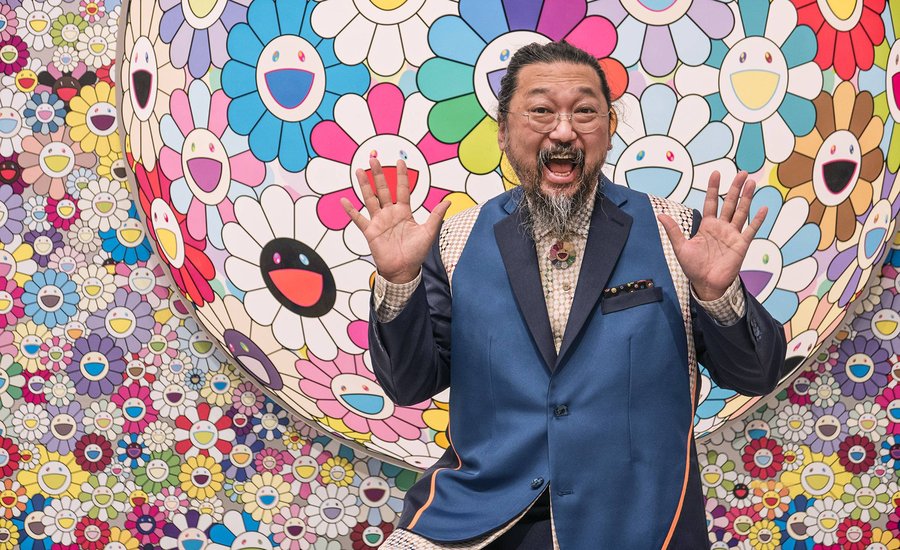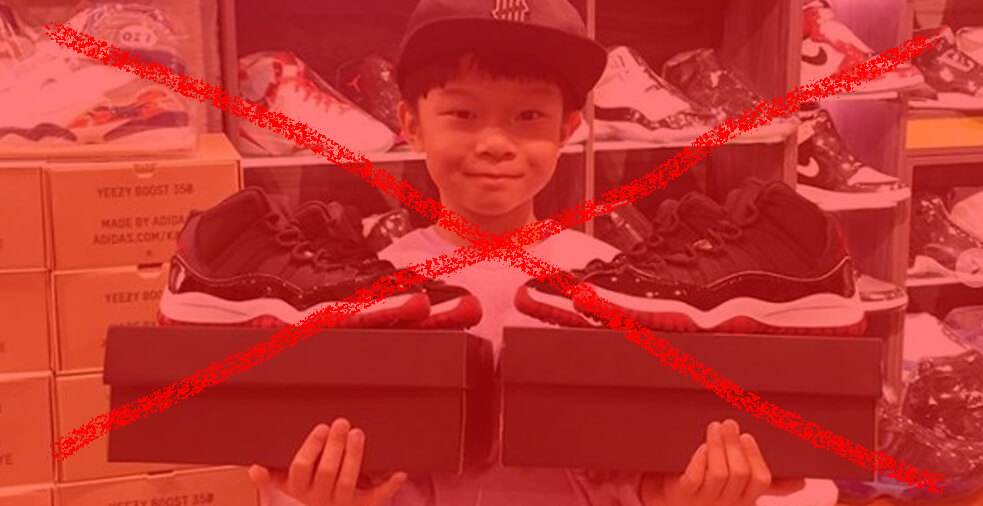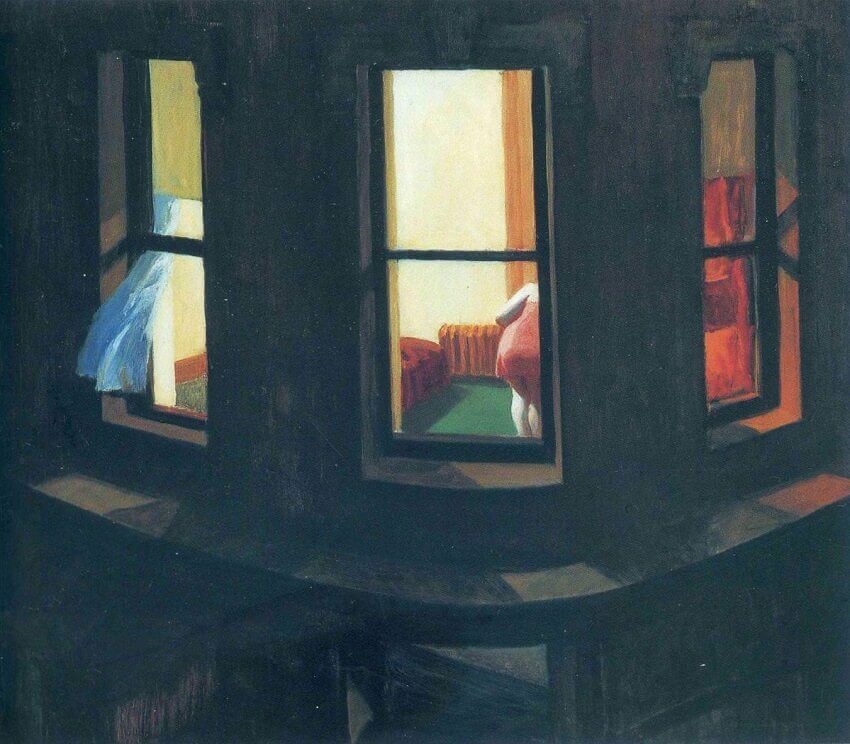“It’s like having a relationship on easy mode,” reads an article
If Tinder and the emergence of different dating apps of this generation got us used to getting to know each other over digital interfaces, we’re now tapping into a new era of effortless dating, providing full customisation to our needs — only at the cost of human touch. Welcome to an era of AI-based partners and lonely people, heralded by the rise of AI chatbots.
Whoever watched the 2013 sci-fi romantic drama Her by Spike Jonze would get right away what I came here to say. Nothing that hasn’t been imagined before. Simply, that our reality is becoming irreversibly encoded in artificial intelligence and that we’re becoming ever more dependent on the marvels of intelligent machines as we trust them with our human experience, including our experience of romance.
The consignment of human abilities to machine intelligence and the loss of people’s abilities to engage from a personal nature is portrayed in Her, with Theodore Twombly — a lonely, introverted man — developing feelings for Samantha, his digital companion. The film illustrates how these machines are so good at human-like interactions that over time they can be taken for sentient beings by their users. Looking at the popularisation of apps for virtual dating, there’s no doubt that loneliness is the main drive. For instance, the popular app Replika onboarded more than 10 million users in 2022, with a previously recorded increase of 35% during the global pandemic.
But we’ve always known that machines can truly imitate human emotional and mental processes, no matter how subliminal it seemed to think of it in the past. Our search for optimising all aspects of our lives is virtually impossible, but the digital transformation has enabled us to program computers to imitate human abilities, to simulate interactions and scenarios beyond our physical reality, and to let us attain therefore what’s not immediately available to us. In a way, AI can be programmed to cure our sores from lacking and to fill in the void, and that’s both overwhelming and enticing.

With chatbots like ChatGPT, we can describe ourselves and get the bot to compose texts of any kind for us. That’s been the biggest revelation in recent years. The more bits about ourselves are fed to them, the more they learn from us, and the more they adapt to our needs. This is how digital companions are landing on our lap with the perfect script — coded to be compassionate and respond with utter care, they learn exactly what we want, and they serve exactly what we demand. In other words, as the Eva AI app advertises, we can create the ‘perfect partner’ — meaning, one that caters to every inch of our needs without having to deal with the drama. Now, besides the sophisticated ability to communicate, AI-powered digital partners will soon be able to exchange images, unlocking a new level of physicality that simultaneously endorses emotional bonding. It would be strange to not think of the physical boundaries bots pose.
Perhaps we’re at that point where handling real human emotions seems to be a burden. Or perhaps, with the digital transformation, we’re growing alien to human interactions and are forgetting how to foster genuine romantic relationships. Even when some explain that these apps can help introverted people get a feeling for romantic interactions, the truth is that we’re growing lonelier than ever and, strangely enough, we seem to feel safer corresponding with bots rather than with real people. What does it say about us? We buy into the idea of romance but we’re too optimised into our day-to-day to make space for the uncontrollable, spontaneous and ethereal nature of intimate relationships.




























